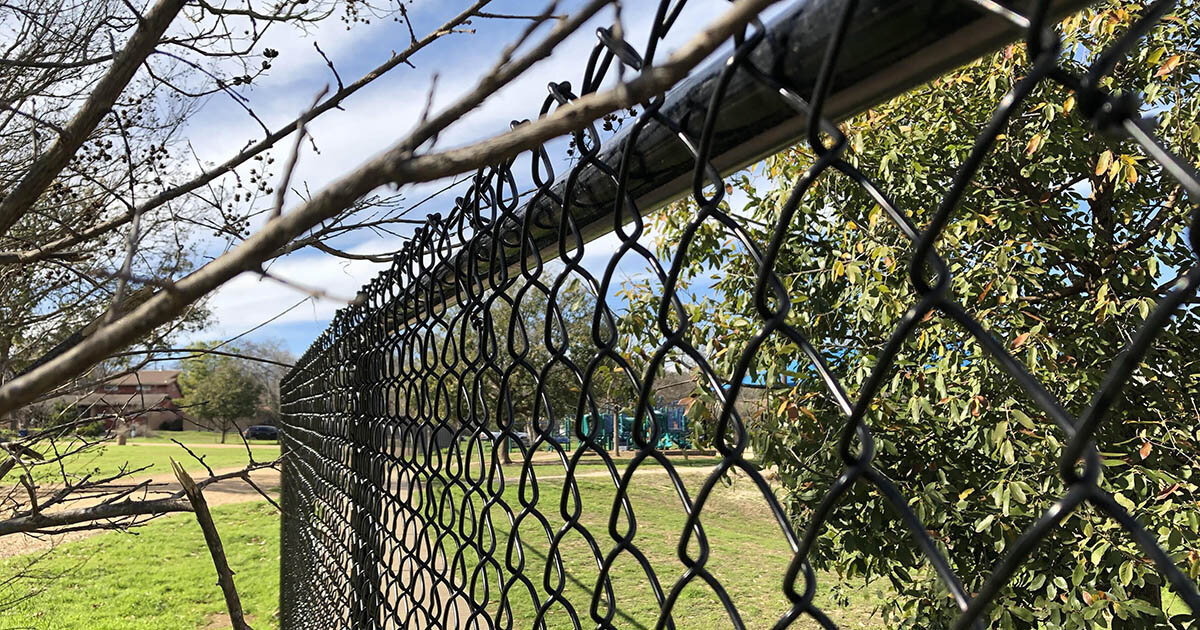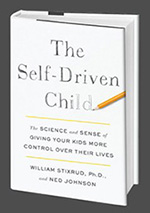Something there is that doesn't love a wall
/
Guest contributor Laurie Filipelli is on a mission to help writers of all ages transform their experiences into meaningful poems and personal narratives—and mightily crafted college application essays. She holds an M.F.A in Poetry and an M.A. in English and has taught high school, college, and pedagogical courses. Laurie is the author of two books of poems—Girl Paper Stone (Black Lawrence Press, 2018) and Elseplace (Brooklyn Arts Press, 2013)—as well as the Mighty Writing College Application Essay Guide, in collaboration with Irena Smith, Ph.D. Her weeklong Kids with Pens poetry summer camp will take place July 20–24 and is now open for registration.
It’s happened to most of us at one time or another: you return to a cherished place after an absence—maybe a weekend, maybe years—and you find something irrevocably changed. The place no longer feels like the place you knew; a line is drawn between before and after.
After winter break, my daughter and I went back to her school and found a new chain-link fence. Given the age in which we live, this is not a surprise. People want to feel safer, and this feeling, some psychologists (and fence makers) tell us, is achieved with a strong perimeter. If we know our boundaries, we can flourish.
As a poet, it is hard to believe this is true. Our writing may benefit from the limits of form, but it is the breaking of barriers that gives words life. We use repetition so we can augment variation. We limit our imagistic palette so that the brightest colors shine through. The impositions of an artist are self-imposed, not stifling. The most meaningful work requires not safety, but risk.
My daughter and her friend walked along the fence, gathering old balls, lots of sticks, and a busted pick-up/drop-off sign. Near the soccer goal, they erected a shrine, topping it off with a placard of painted wood on which they wrote a dedication to a time “before the fence.”
Weeks later on the playground, I couldn’t help but quote Robert Frost’s ‘Mending Wall” to a friend, not the oft misused part about good fences and good neighbors, but the part that sums up the steady work of nature in the face of artificial boundaries. Something there is that doesn't love a wall. The shrine by now had long been disassembled (the placard, serendipitously, found a home on a loving parent’s Twitter feed), but the fence itself was adorned with muddied sweatshirts. I watched with pleasure as a kid who’d mastered the art of tree climbing attempted to hurl himself over.
In our fenced-in world, it takes effort to make mischief, and imagination to move beyond our fears and longings for the past. We can’t remove most fences, but we can ask ourselves, as Frost asks in his poem, what “we’re walling in and walling out.” We can chip away at boundaries in our own minds, and, with some effort, even learn to climb.
Laurie Filipelli















